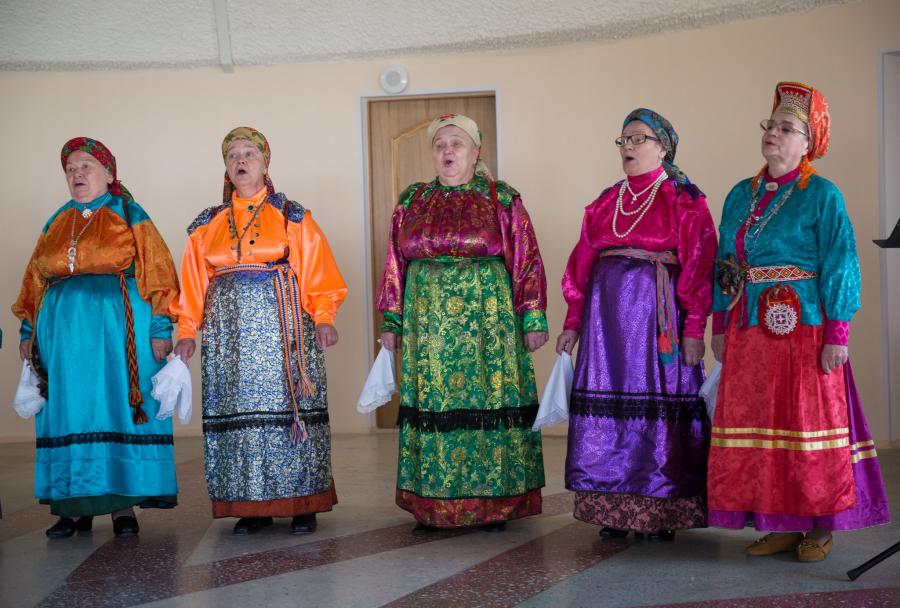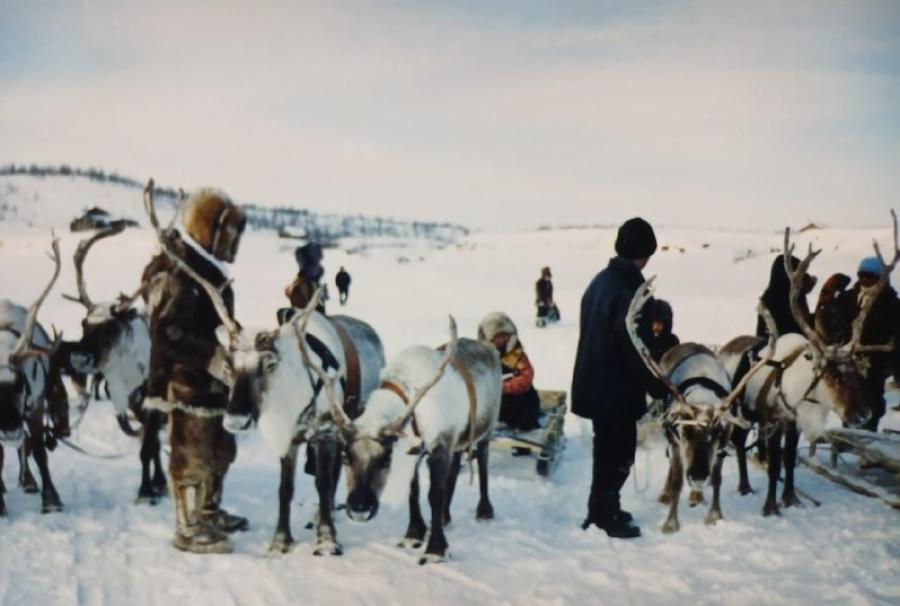
Expert Mechanism on the Rights of Indigenous Peoples
17th session 8-12 July 2024
Item 5: United Nations Declaration on the Rights of Indigenous Peoples: Interactive dialogue with UNPFII, the Special Rapporteur on the Rights of Indigenous Peoples, and the UN Voluntary Fund for Indigenous Peoples and members of the United Nations Treaty Bodies
Oral intervention by Yana Tannagasheva, International Committee of Indigenous Peoples of Russia (ICIPR)
Thank you, Mr./Madam Chair, for the floor.
The Russian government talks all the time about the colonialism of IP in other countries but has never said that the IP of the North, Siberia and the Far East were also colonized and continue to suffer. The everyday reality of the Indigenous Peoples of Russia is profoundly different from the rights described by Russian government and some of non-independent Indigenous representatives from Russia.
At this time, I am going to speak on behalf of three Indigenous women (Buryat and Sakha Indigenous Peoples of Russia) who applied to attend this session, but for unknown reasons, unfortunately, were denied at the same time and were unable to travel to Geneva, although their tickets had already been purchased. These three strong activists represent anti-war organizations working on decolonial issues and drawing attention to violations of Indigenous rights in Russia and the impact of the war in Ukraine on their communities.
I will read their message.
We, the undersigned Indigenous activists of Russia, are deeply concerned about the current tendency at the UN of Russia’s introducing its representatives into international human rights and Indigenous Rights mechanisms, and we are also very concerned about the exclusion of independent Indigenous voices from Russia from mechanisms such as the UN EMRIP and the PFII.
We were not allowed to attend the 17th session of the EMRIP, but we hope that our voices will still be heard loudly. We believe that preventing independent representatives of Indigenous Peoples of Russia from attending UN sessions is a strong influence of the Russian Federation. Russia is trying to spread its propaganda in every possible way. Those who manage to participate in UN sessions are being pressurized by the Russian authorities in every possible way.
Russia needs the natural resources of Indigenous Peoples. By selling it, the country earns billions of dollars to wage wars, to maintain a high level in the capital, to generously feed the power structures and keep the oligarch class and the elite loyal. Unfortunately, some Indigenous People’ representatives fall under such influence. Such Indigenous representatives become a tool of Russia’s propaganda.
We call on the EMRIP, the PFII, the VF, UN treaty bodies, and the Special Rapporteur on the Rights of Indigenous Peoples to pay special attention to the representation of Indigenous Peoples of Russia, and we ask for ensuring the full and unhindered participation of independent Indigenous representatives in all future processes. It is very strange that the Association of the IP of Yamal made the same statement twice today. But nobody from independent indigenous from Russia.
We believe in the independence and commitment of UN mechanisms to freedom, inclusiveness, universality in the protection of Human Rights and the Rights of Indigenous Peoples.
Thank you!
Экспертный механизм по правам коренных народов
17-я сессия 8-12 июля 2023 года
Пункт 5: Декларация Организации Объединенных Наций о правах коренных народов: Интерактивный диалог с UNPFII, Специальным докладчиком по правам коренных народов и Фондом добровольных взносов ООН для коренных народов и членами договорных органов Организации Объединенных Наций
Устное выступление
Яна Таннагашева
Международный комитет коренных народов России (ICIPR)
Спасибо, господин/госпожа Председатель, за предоставленное слово.
В данный момент я собираюсь выступить от имени трех женщин из числа коренных народов (относящихся к народам России - буряты и саха), которые подавали заявку на участие в этой сессии, но по неизвестным причинам, к сожалению, получили одновременный отказ и не смогли приехать в Женеву, хотя их билеты уже были приобретены. Эти три сильные активистки представляют антивоенные организации, занимающиеся деколониальными вопросами и привлекающие внимание к нарушениям прав коренных народов в России, а также к вопросам влияния войны в Украине на их общины.
Я зачитаю их послание.
Мы, нижеподписавшиеся активистки коренных народов России, глубоко обеспокоены складывающейся тенденцией внедрения Россией своих представителей в ООН, международные механизмы по правам человека и правам коренных народов, а также мы очень обеспокоены исключением независимых голосов коренных представителей из России из таких механизмов, как Экспертный механизм ООН (EMRIP) и Постоянный Форум (PFII).
Нам не разрешили присутствовать на 17-й сессии Экспертного механизма (EMRIP), но мы надеемся, что наш голос все же будет услышан. Мы считаем, что недопущение независимых представителей коренных народов России на сессии ООН — это сильное влияние Российской Федерации. Россия пытается распространять свою пропаганду всеми возможными способами. На тех независимых коренных, кому удается участвовать в сессиях ООН, российские власти оказывают всевозможное давление.
России нужны природные ресурсы коренных народов. Продавая их, страна зарабатывает миллиарды долларов на ведение войн, поддержание высокого уровня в столице, щедрое питание властных структур и сохранение лояльности класса олигархов и элиты. К сожалению, некоторые представители коренных народов России попадают под такое влияние. Такие представители коренных народов становятся инструментом российской пропаганды.
Мы призываем Экспертный механизм ООН (EMRIP), Постоянный Форум (PFII), Фонд Добровольных взносов, договорные органы ООН и Специального докладчика по правам коренных народов обратить особое внимание на представительство коренных народов России и просим обеспечить полное и беспрепятственное участие независимых представителей коренных народов во всех будущих процессах.
Мы верим в независимость и приверженность механизмов ООН свободе, инклюзивности, универсальности в защите прав человека и прав коренных народов.
Спасибо!



